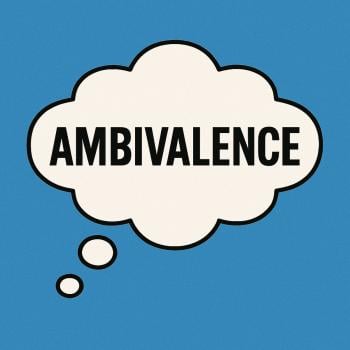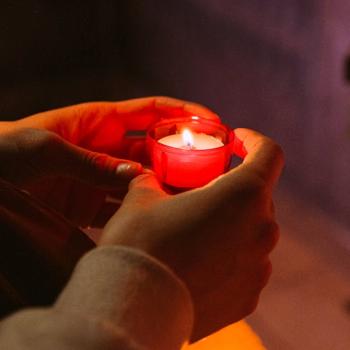Diversified Learning Environments
Learning theory suggests there are three ways we learn: the passing on of information, apprenticeship to learn certain skill-sets, and immersion. The best learning experience occurs when there is a dynamic interplay between all three. Driven by Christendom presuppositions, our current systems of theological education are designed to do the first, pass on information, but give no real attention to issues of apprenticeship or immersion experiences. A praxeological orientation to theological education will require that our seminaries create all three kinds of learning environments for their students. The issue here isn't merely the lack of second and third environments, but the fact that, apart from them, the relevance of time spent in the first environment loses the impact it ought to have.
Issues of Contextualization
Ministry never occurs in a vacuum. Students don't just need to learn what to apply to their ministry context, which under the current paradigm of theological education they may not even have; they need to learn how to apply it to their ministry context, which we are suggesting as a prerequisite. This implies not only the need for missiologically-driven advances in models of distributed learning, but calls for a greatly enhanced focus on the part of instructors and the designing of programs with regard to the application of theological learning to specific ministry contexts.
Living into this sort of vision will, increasingly, mean that centers of theological education will see having a ministry context as a prerequisite for admission into its programs. In addition, this value should compel centers of theological education to put significant amounts of time and resources into establishing truly meaningful relationships and partnerships with local churches and ministry organizations in which students who don't have their own ministry context might not just do occasional internships, but root the entirety of their educational process.
Learning Communities
A core component of a praxeological orientation to theological education is the importance of learning in community. Whereas we wholeheartedly agree that there is a unique and important place for those regarded as experts in their field who can offer their wisdom, experience, and insight as they guide students in their formation as Kingdom leaders, there is an equally important and formative dimension to theological education that is rooted within a community of learning. In line with the realities of Kingdom ministry, which always call for a collaborative approach to tasks and problems, seminary students should increasingly develop a capacity to embody an open and discerning posture toward the insights and critiques of their peers. Flying in the face of traditional assessment criteria that are nearly exclusively predicated on one's individual academic performance, a core component of assessing the formation of Kingdom leaders will have to do with their posture toward and interaction with others in a learning community. Where theological schools continue to offer residential options, we suggest that they structure a more monastic model where students come to be immersed in an integrated program of sharing life, resources, learning experiences, and diversified endeavors in ministry and mission.
At the heart of this principle is the simple observation that "this is how Jesus did it"—calling disciples to himself "that they might be with him and that he might send them out" (Mk. 3:14). Lesslie Newbigin has said, "It is surely a fact of inexhaustible significance that what our Lord left behind Him was not a book, nor a creed, nor a system of thought, nor a rule of life, but a visible community" (The Household of God, 27). While it certainly isn't the case that our seminaries and other centers of theological training should replace the Church, if they are to serve her well, they will increasingly need to develop praxeological approaches to training and formation.
Read the full white paper on The Missiological Future of Theological Education and join in the conversation below and over at thefutureoftheologicaleducation.com.




